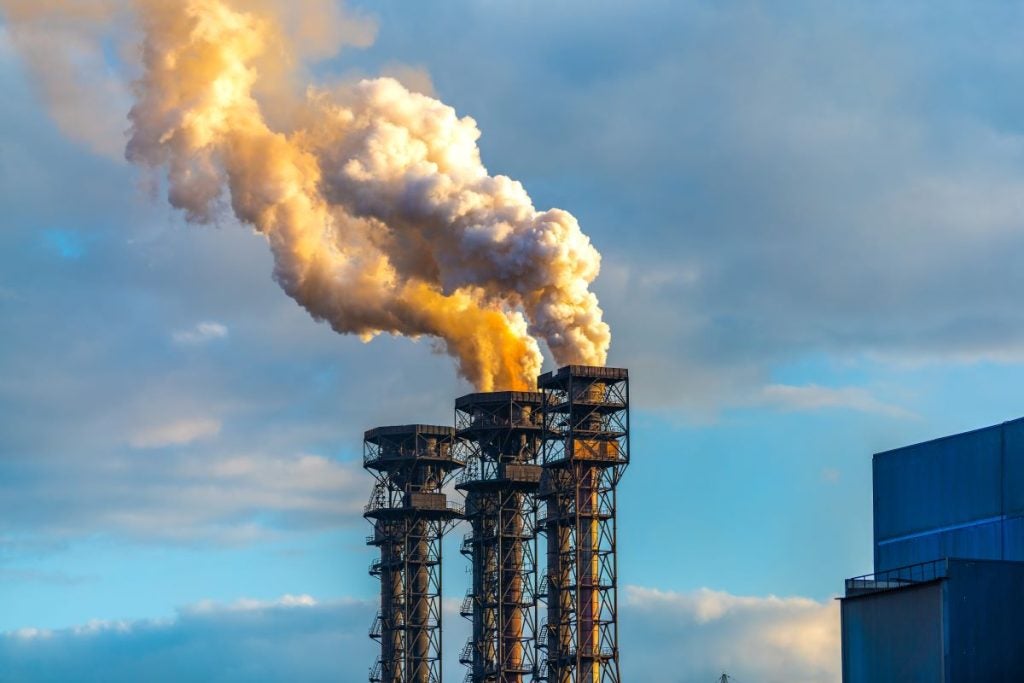The Nigerian Environment Ministry has called for more transparency and accountability around international oil and gas companies’ (IOCs) gas flaring emissions.
In 2023, the Nigerian National Petroleum Corporation said around 324 billion cubic feet (bcf) of gas was flared, resulting in significant economic losses and environmental damage, the ministry said in a statement.
Despite a small decrease from previous years, data from the National Gas Flare Tracker shows that Nigeria has flared approximately 148.7 million standard cubic feet of gas in the first six months of 2024, an approximate 7% increase, year on year.
According to the government, Nigeria currently "remains one of the top ten countries in the world in terms of gas flaring volumes”.
However, the nation has seen significant improvements in its approach to gas flaring policies over the past few years. Initially, the emphasis was on maximising production, with little consideration for the environmental consequences of gas flaring.
However, the Nigerian Gas Flare Commercialisation Programme, introduced in 2016, seeks to encourage investments in projects to capture flare gas.
“Historically, gas flaring has been a common practice in the Nigerian oil and gas industry due to the absence of infrastructure to capture and utilise it,” Iziaq Kunle Salako, the Nigerian environment minister, told the third National Extractives Dialogue in Abuja last week.
He added that as a result, “gas has been continuously burned in oil fields, [releasing] harmful pollutants into the atmosphere”.
The National Oil Spill Detection and Response Agency (NOSDRA), functioning as the regulatory body under the Federal Ministry of Environment in the oil and gas domain, is actively addressing gas flaring and methane emissions from industry activities.
Salako stated that NOSDRA has created the Nigerian Gas Flaring Tracker system to verify flare volumes and measure carbon dioxide emissions.
According to Salako, this technologically driven environmental regulatory tool is a satellite-based platform. It offers real-time monitoring and tracking of gas flaring activities and measures carbon emissions, improving transparency and accountability in the oil and gas sector.
Salako added that “despite the progress being made, tackling gas flaring in Nigeria is still faced with multifaceted challenges, including a deficit of infrastructure for gas capture, storage and transportation, inadequate regulatory enforcement, inadequate investment, technological gaps and low community involvement”.
Salako said that the environment ministry is dedicated to collaborating with stakeholders to eradicate gas flares from hydrocarbon operations by 2030 through enhancing regulations, encouraging investment, transferring technology, building capacity, engaging with communities and implementing other measures.









